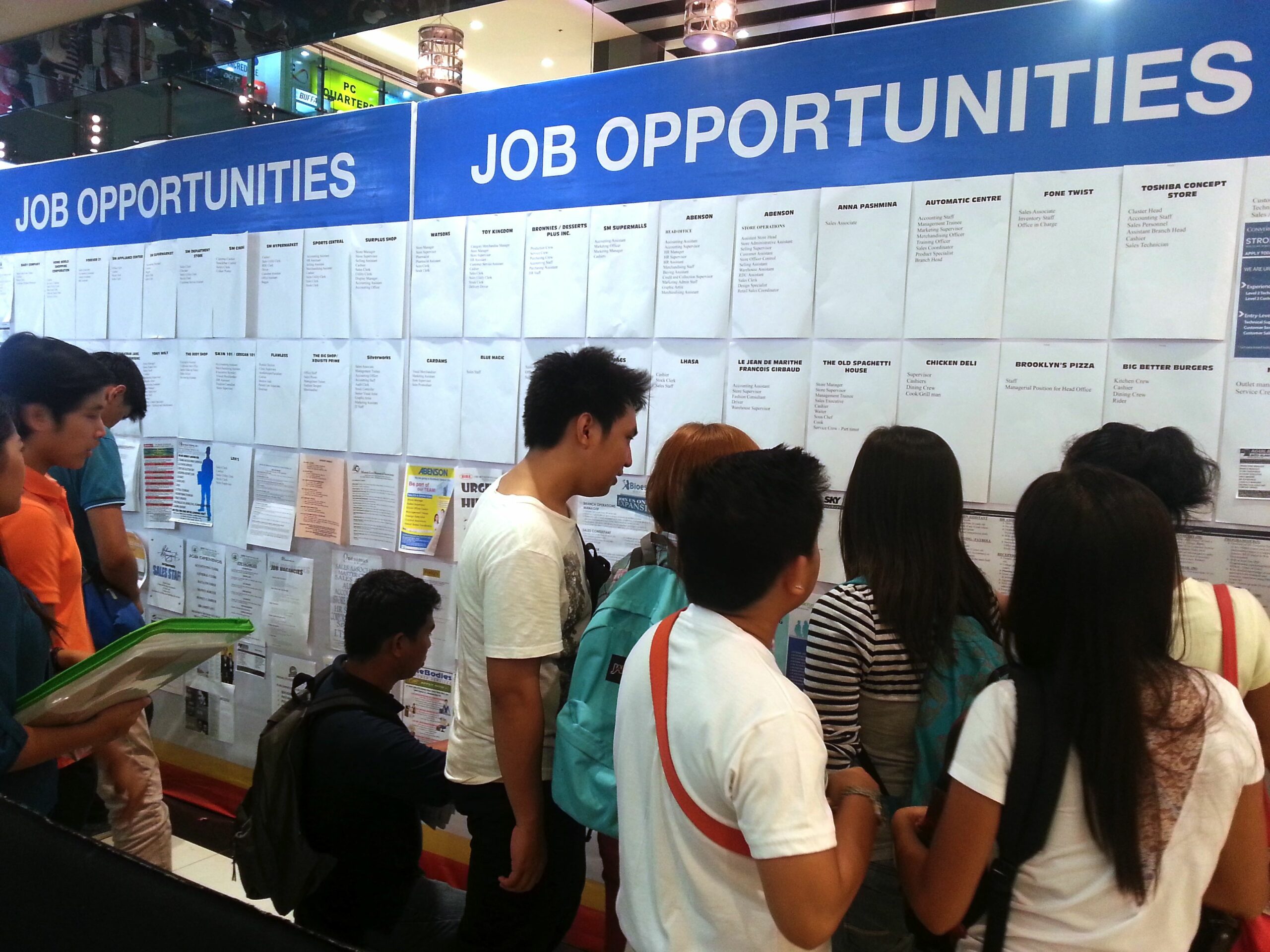
THOUSANDS of jobs that Filipinos are doing today are at risk of becoming obsolete in the near future, according to global management consultancy company Kearney.
Marco de la Rosa, country head for the Philippines at Kearney, said their latest study on the most attractive jobs reveals that about 50,000 to 100,000 occupations are being netted off in the next three or four years.
A lot of them, he cited, are going to be in retail, back office, finance, and telecommunications industries.
“So the important thing here is how to get to that next level of skills so that the value add is incrementally higher,” he told reporters in a briefing in Taguig City on Tuesday.
On the other side of the coin, however, he reiterated that “there’s a similar number of new jobs that are being created coming up as well.” These include designers, sustainability specialists, and any position that touches on Artificial Intelligence (AI) and Machine Learning (ML).
“Apart from the new roles is the evolution of the current roles that we have,” he added, referring to various existing professions like in the ever-booming business process outsourcing industry that will continue to stay. “But it’s going to be quite different and requires a certain set of skills.”
While there is an expectation that 100,000 jobs that are at risk of wipeout soon may be made up for by new roles of a similar number, Dela Rosa warned, that it’s not “going to work so smoothly.”
“There’s going to be some frictions, and we’ve seen that in other markets as well. So, we, as a nation, have to be prepared for that period of transition as we go from one type of jobs to another,” the executive said.
As a catch-up, the country needs to “fix the leaky bucket” in terms of these types of attractive professions, according to him.
Based on their research on the top sought-after jobs, particularly in the digital space, Philippine wages are about a 10th of the developed countries and about a third of its neighboring countries like Vietnam and Malaysia.
“So if you can imagine, if you’ve got highly-skilled individuals here with the right set of skills, where do you go? You go outside the Philippines. We need to fix that. We’ve got the talent here to retain. We need to make sure people can come back here,” he pointed out, pointing to the salary increase as a first move.
De la Rosa added the re-skilling of the labor sector that corporations ought to invest in. When it comes to education, he suggested the urgency is to now set up a “world for the future” by developing the digital skills of students—as young as primary schoolers—that are really going to matter in a cognitive AI, digital world.
What’s more, critical thinking, complex problem-solving, intellectual curiosity, basic reading comprehension, and customer centricity are also the skills that still matter in the coming years, he noted. “How [we are embedding] that as part of the curriculum for kids or engage and continue to develop the people that are already in the workforce are going to be important,” he said.
Equally significant, for him, is the government’s role of creating an ecosystem that enables such propositions to happen.
“Because these things cost money, so how do we actually encourage, incentivize enterprises to do this because this is what’s right, and what’s best for the country,” he stressed.
Image credits: Bernard Testa
